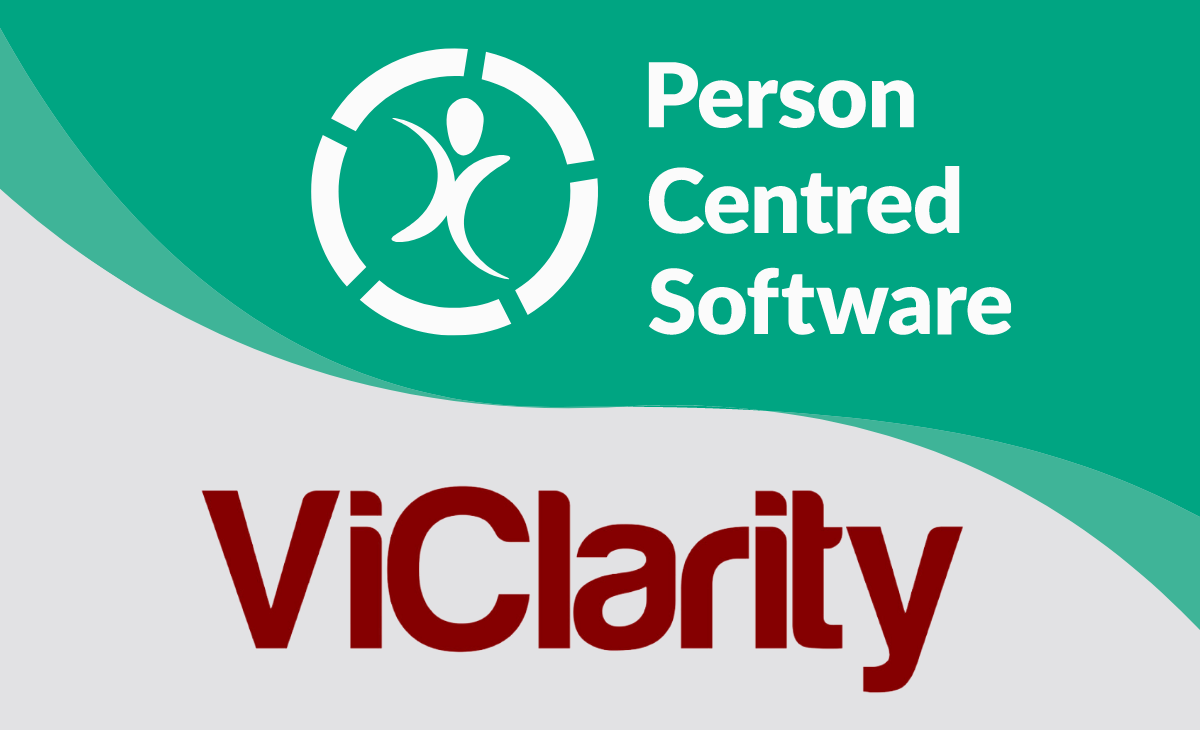
Published in Care Management Matters
As long-time campaigners of a more integrated health and social care service to improve individuals’ quality of care, Person Centred Software welcomed the UK Government’s health and social care reform White Paper last month, which outlined plans for more integration between the NHS and social care. Here, the company’s Co-founder and Director Jonathan Papworth reports.
The coronavirus pandemic has shown that the sharing of information is necessary to help inform clinical decision making, and making the best decisions saves lives. Indeed, the unprecedented events of the last year have woken people up to the need to share information quickly, securely and efficiently with those who need it, enabling a better journey for people when they move between services.
The pandemic has helped to focus attention on the benefits that technology enables and has removed some obstacles that have held up progress for decades, particularly the NHS enabling access of its data to social care. The interoperability of data between the two has now really begun to take traction and we hope it continues at pace as we move forward. We believe that the more joined up the different elements of care are, the more likely everyone is to achieve the best outcomes.
Syncing data
At Person Centred Software, we are delighted to announce a bi-directional integration with NHS Digital’s GP Connect and the National Record Locator (NRL). Being the first software provider to electronically transfer the hospital pack directly to hospitals, and advanced care plans to the ambulance services, we can deliver true two-way interoperability between social care and healthcare settings.
Having launched the integration in February, we are now working directly with NHS Digital to bring GP information to care homes by integrating their digital care management system with GP Connect Access Record: HTML. In doing so, registered nurses at care homes will now have secure and direct access to information held by GPs, enabling faster and better medical decisions to be made. This will benefit those providing and receiving care and deliver a smoother journey between the two services.
Streamlining processes and boosting efficiency
Already, within just a matter of weeks, we are seeing the results interoperability can have on streamlining processes and boosting efficiency for social care environments across the UK.
Clearstone Care, a group of care homes across Surrey and London, has reported positive feedback from its nursing staff, who are logging into the system to access all relevant medical records related to residents, without having to chase individual GP surgeries.
Another care provider, Wren Hall, a specialist dementia nursing home in Nottinghamshire, has praised the timesaving benefits to its staff following the integration, while also reporting an improvement to its knowledge base of the individuals it cares for. With all the important information kept in one place and easily accessible, we expect the integration to help continue driving improvements across the industry.
These are just two instances where interoperability across the two sectors has already made significant progress. Joined-up care still requires a few obstacles to be overcome, particularly in social care where management of access currently held within NHS systems is needed. To share data with the NHS, social care needs to be as responsible for the data as the NHS is, and that means meeting the needs of the Data Security and Protection Toolkit (DSPT) – which our software supports.
The obstacles
While many social care providers have met an entry-level variant of the DSPT, which has given them access to NHSmail, the option expires next month. From then, to maintain access to NHSmail, or share any data with the NHS, will require care providers meeting the standard, more stringent DSPT. This will require an understanding of data security by a high percentage of people working in the social care industry and a commitment to computer systems meeting certain criteria. DSPT is a gateway, however, not just to NHSmail but to many more systems and data sources.
One of those data sources is, of course, GP Connect, where qualified staff in social care can have access to the medical records for the people they care for, in real time, at the touch of a button. Ultimately, this will lead to actual medication being able to be shared between different settings. By doing so, expensive medication will not be disposed of when a person goes from a care home to a hospital, for example. The cost to the NHS of wasted medication was estimated in 2015 to be £300 million per year, and one of the contributing factors is medication being deliberately destroyed between care settings.
The plan
From September 2021, there is a commitment from Health Secretary Matt Hancock for all areas of the UK to offer integration of information between health and social care. The exact words are: ‘NHSX expects all areas will have a basic minimum viable shared care record solution in place by September 2021, focused on the integration of NHS Trusts and GPs, and for use in provision of direct care.’
Whilst 2021 will be the year sharing data gathers pace, it is not going to be the destination for sharing data across all of social care and healthcare. However, the destination has been given a timeframe, and Matt Hancock has again given a very clear expectation of this, saying, ‘NHSX are aiming to have all social care providers to have access to digitised care records that interoperate with locally Shared Care Records by 2024.’ This year is the start of interoperability and social care will have to adopt digital care records within the next four years. The pace necessary to reach 2024 with all of social care having implemented digital care systems is a significantly increased rate of adoption of technology.
The need to adopt digital
As a software provider, we have always strived to make life better for everyone involved in social care. The landmark innovation of delivering true two-way interoperability is a step change towards the integration of health and social care, improving information flow as people transition between care settings. While we welcome the milestone, however, it must be reiterated that the need for all social care providers to adopt digital care systems is urgent.
The journey to fully integrated health and social care has started and several care providers are already on board. The first step any care provider can take on this journey is simply to store care information in a digital care system, but not just any digital care system – it has to be one that will have the ability to connect to NHS systems via GP Connect.
Ultimately, any care provider that truly cares about the quality of care and is not already using one of the digital care systems that are working with GP Connect, risks being left behind and, in doing so, compromising their ability to provide outstanding care.







.webp?width=80&height=80&name=HTD%20Awards%202023%20Badge%20(4).webp)














